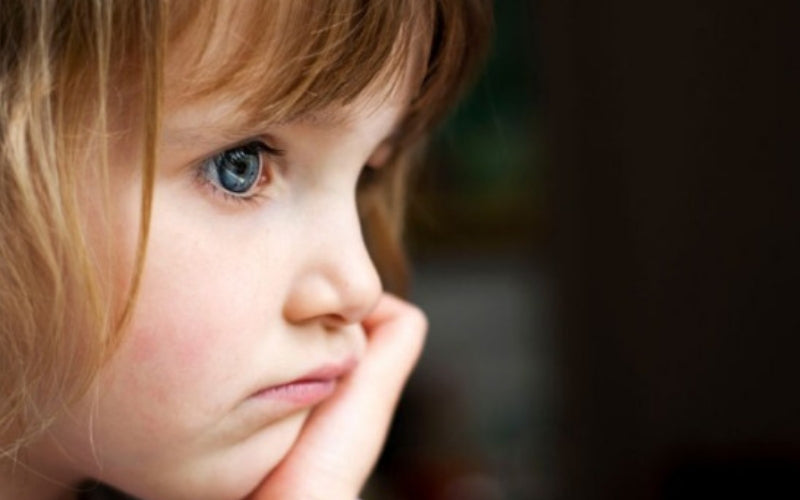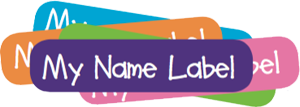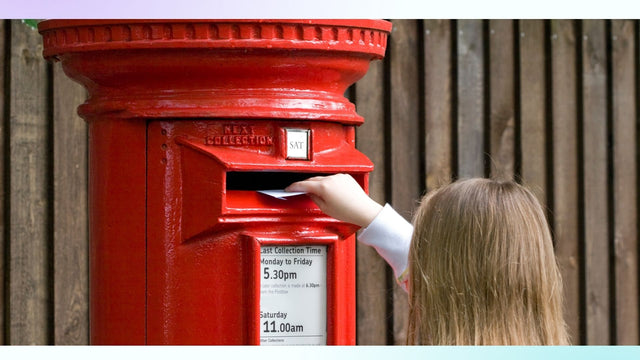Does Your Child 'Play Up' After School?
There’s a reason your child’s teacher says they are an angel at school but all you see is meltdowns and disrupted behaviour when they get home. It’s called “after school restraint collapse” and it’s a very real phenomenon which many families experience but perhaps don’t always recognise as a real ‘thing’. According to experts, it's both totally common and totally something we can help our children overcome. Here’s what it is and how to use it to help your child as they navigate their way through the emotional rollercoaster of school…
It takes a great deal of energy, emotional containment, mental motivation and physical restraint to keep ourselves at our best while at work, day care, or school. After we’ve don’t that all day, we get to the point where we just don’t have the energy to keep this restraint, and it feels like a big bubble that needs to burst. The need to release this tension comes once children get home and they are in their ‘safe place’ where they feel comfortable to release emotions. This release can come in the form of tantrums, erratic behaviour, crying, age regression or be more moody than usual.
There are several coping mechanisms we can adopt to help guide our children through after school restraint collapse so it’s a lot easier for them (and you). Here are some methods we hope you find useful.
5 Ways to Ease After-School Restraint Collapse

1) Physical Activity
Yes your little one might be tired, but sometimes a short sharp blast of physical activity is all they need to get it out of their system and feel at peace once more. Encourage them to jump up and down on the trampoline (or bed!) for 10 minutes, or perhaps take the dog for a walk around the block or ride their bike home from school. Physical activity can help to ground them and release any pent up energies in a focused way rather than them losing control in a way which is potentially damaging to you or your home!
2) Have Fun
Finding a way to act silly and have fun with your child (even the older teenage ones) is a really lovely way of reconnecting and helping to guide them through after school restraint collapse. “Laughter releases the same tension as tears.” says Laura Markham, PhD and having fun is a great way to release tension from the day. Act daft, laugh lots and encourage silly behaviour to reconnect and readjust.
3) Give Them Space
Yes we know you’re excited to hear all about their day, but barraging them with an onslaught of questions is only going to add to their tensions and they’ll likely clam up or be snappy and irritable. Instead give them space and perhaps tell them a little about your day so they can just listen and ease back into home life without demanding too much of them mentally. You’ll find that if you show children (especially little ones) how to recount your own day that they will eventually follow suite naturally and do it themselves anyway.
4) Feed Them!
Children do better if they aren’t asked, “Are you hungry?” (more questions!) so assume that they are and set out food for them without saying anything. Real wholesome food like veggie sticks, cut fruit, cheese, or nuts will give them the boost they need. When their various ‘tanks’ are empty, help to minimise their after school restraint collapse by filling their physical tank.
5) Decompression
We all know what it’s like to leave the office and decompress whilst driving home… play your favourite music, sing out loud and just process the day mentally in your own space. Children need to decompress too so make decompression time a priority after school. Younger children like to wrestle, run around, or get in a tickle fight, whilst older kids might like to hammer out their energy on an instrument or simply watch a favourite film.
Hopefully by using these tactics we can help to ease our children into the transition of home/school and make their after-school restraint collapse be a little easier to handle (for them and us!). These tools are also good to remember for us adults as we all need a little time to unwind and reconnect after a busy or stressful day.
Does your child fall apart when he or she gets home from school? What do you do to help ease them into relaxation at the end of a busy school day? Share your own tips and stories over on our Facebook page to stay connected with our vibrant (and helpful) parenting community.



